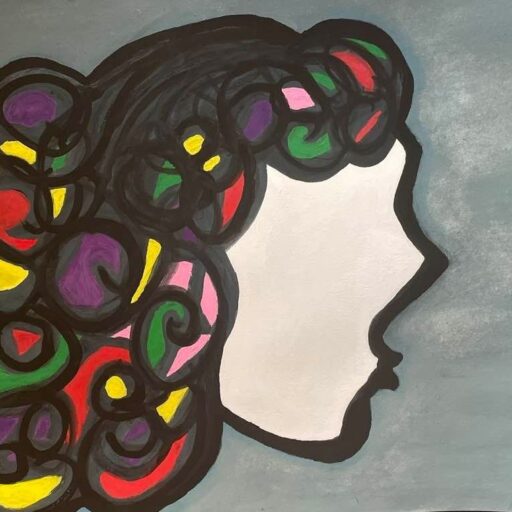In recent times, Bangladeshi digital and print media, as well as social platforms, have been abuzz with discussions surrounding the perceived character flaws of a handful of women associated with the film and modeling industries. The discourse predominantly revolves around their alleged consumption and possession of alcohol and drugs, their interactions with affluent and influential individuals, acceptance of gifts from them, and participation in foreign trips. Amidst these discussions, there’s a pervasive inclination towards labeling these women as prostitutes, leading to debates on how they should be socially ostracized and penalized.
One-sided Scrutiny
Most individuals participating in these discussions appear to overlook a crucial aspect: the life stories of these women provide compelling evidence that many, if not most, men occupying high-ranking positions in big corporations and in the political and administrative spheres of the country, are patrons, clients, and customers of these women. These men not only betray their marital vows by engaging in extramarital affairs but also violate professional and ethical codes of conduct. The question arises: why are these wealthy and influential men conspicuously absent from public scrutiny, remaining hidden behind the scenes? This raises a pertinent and significant inquiry.
One-sided Punishment
The root of this issue lies in the entrenched double standards that persistently shape the societal and legal frameworks for judging moral values in Bangladesh. Women are burdened with the responsibility of upholding modesty and decency, while men’s character flaws are often excused as inherent traits of masculinity. Despite legal repercussions and social stigma attached to adultery and polygamy for women, men evade any meaningful consequences for the same transgressions: no financial compensation, no legal penalties, minimal social disgrace, and negligible professional repercussions.
Consequently, it’s hardly surprising that many influential men feel entitled to indulge themselves, misappropriating public funds to lavish attention on attractive women or celebrities, openly engaging in extramarital affairs without fear or remorse. The gendered constructs of modesty and morality conveniently permit them to exploit young and vulnerable women for their entertainment, discarding them at their convenience. In this society, the wealthy and powerful often evade accountability for their immoral and corrupt behaviors, while their female companions bear the brunt of intense public scrutiny and media speculation.
Ending Gender Bias: Addressing the Root of Moral Degradation
Predictably, the persistent double standards are evident as the media and public scrutinize the lives of actresses and models, who hold little power. Opportunists are seizing on these discussions to justify patriarchal control over women’s bodies and rights. Rather than engaging in these distractions, energy and time would be better invested in addressing pressing issues. These include the lack of proper audits of income and expenditure among government officials, business owners, and media figures, ensuring that morally compromised individuals are not entrusted with public office, and emphasizing the importance of virtue, decency, and modesty in men as much as in women. Meaningful debates challenging systemic corruption and gendered double standards are vital to safeguard future generations from the pitfalls of corruption, crime, and sexual misconduct. Do media outlets have the courage to expose the corruption and misconducts of rich and powerful men.


